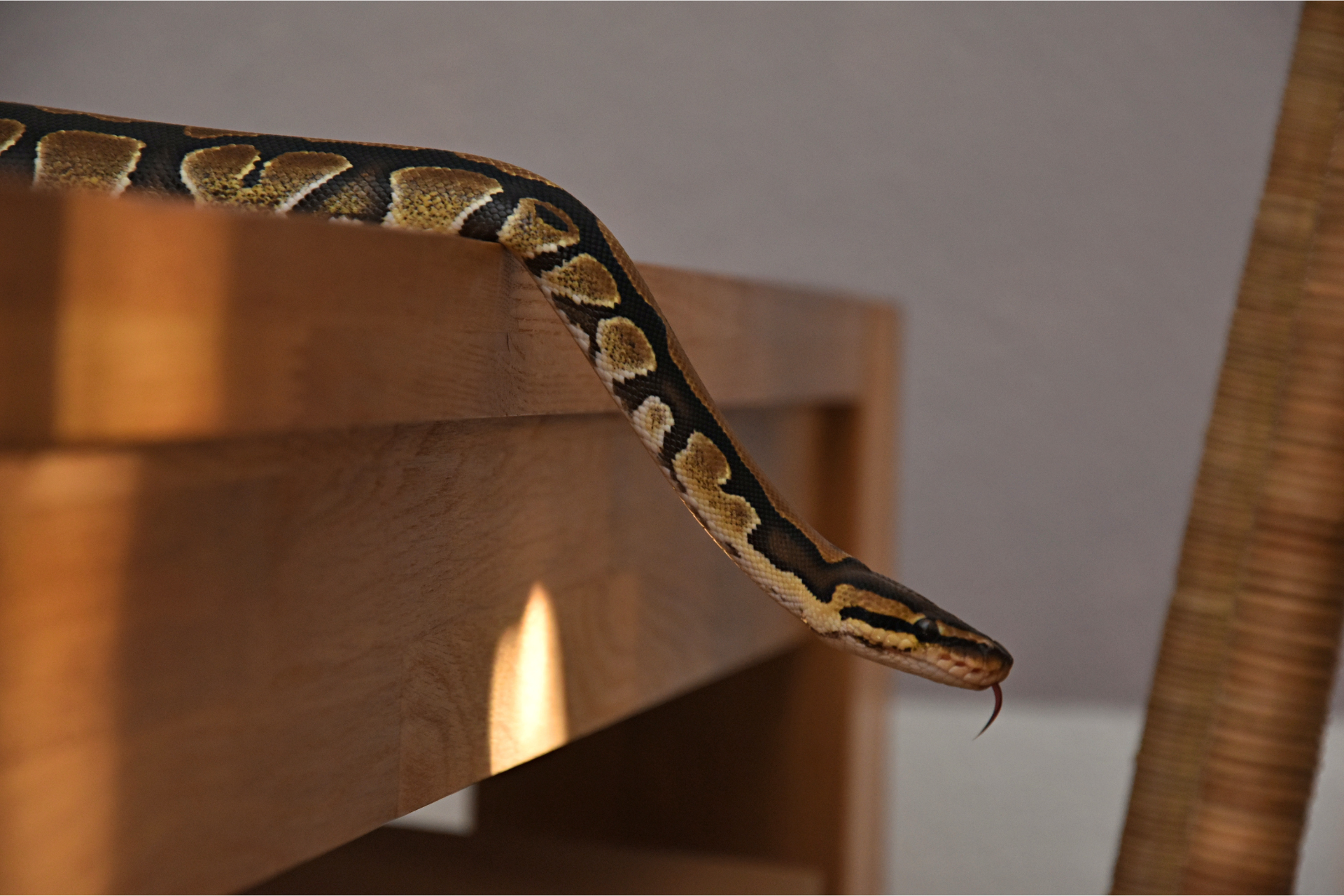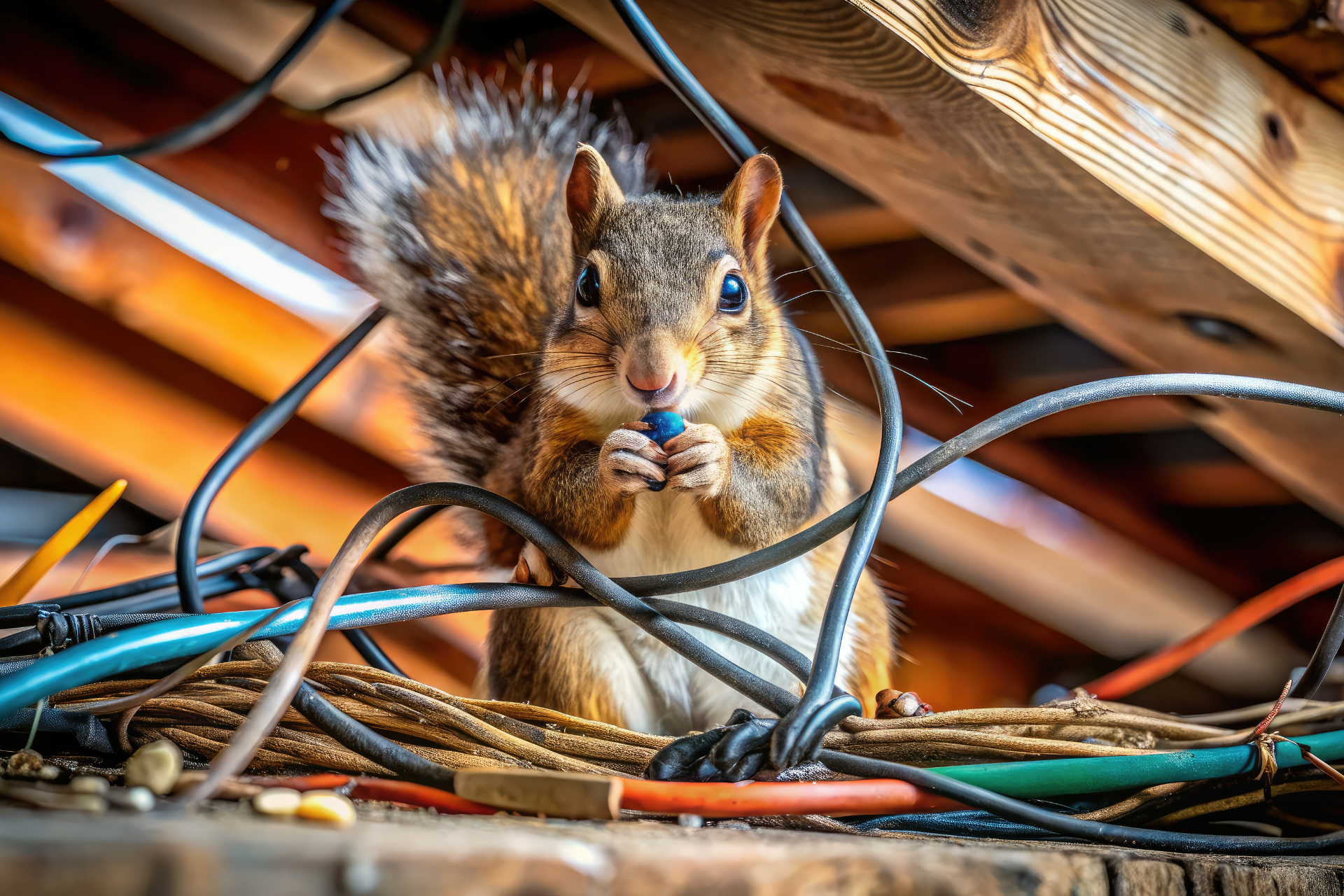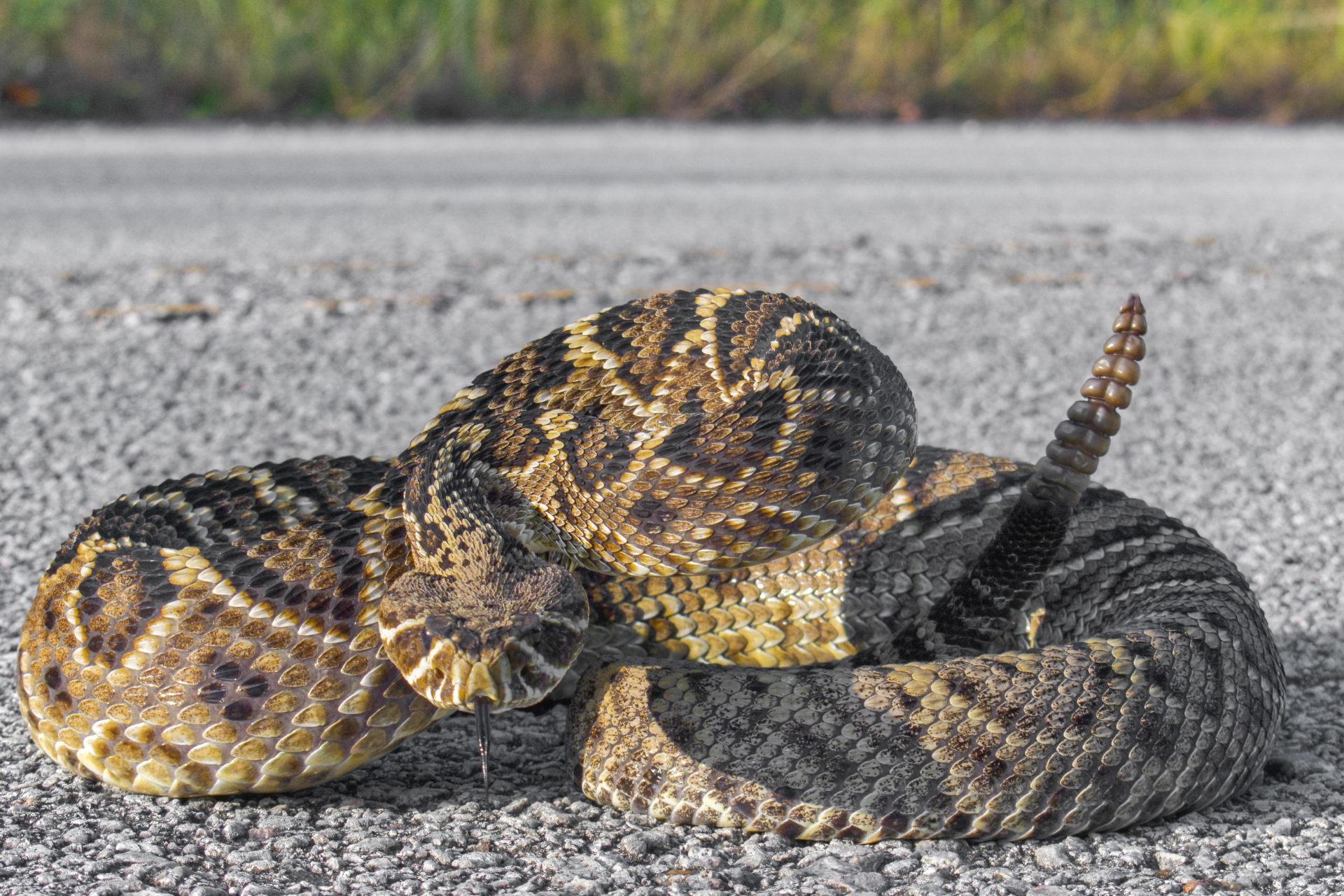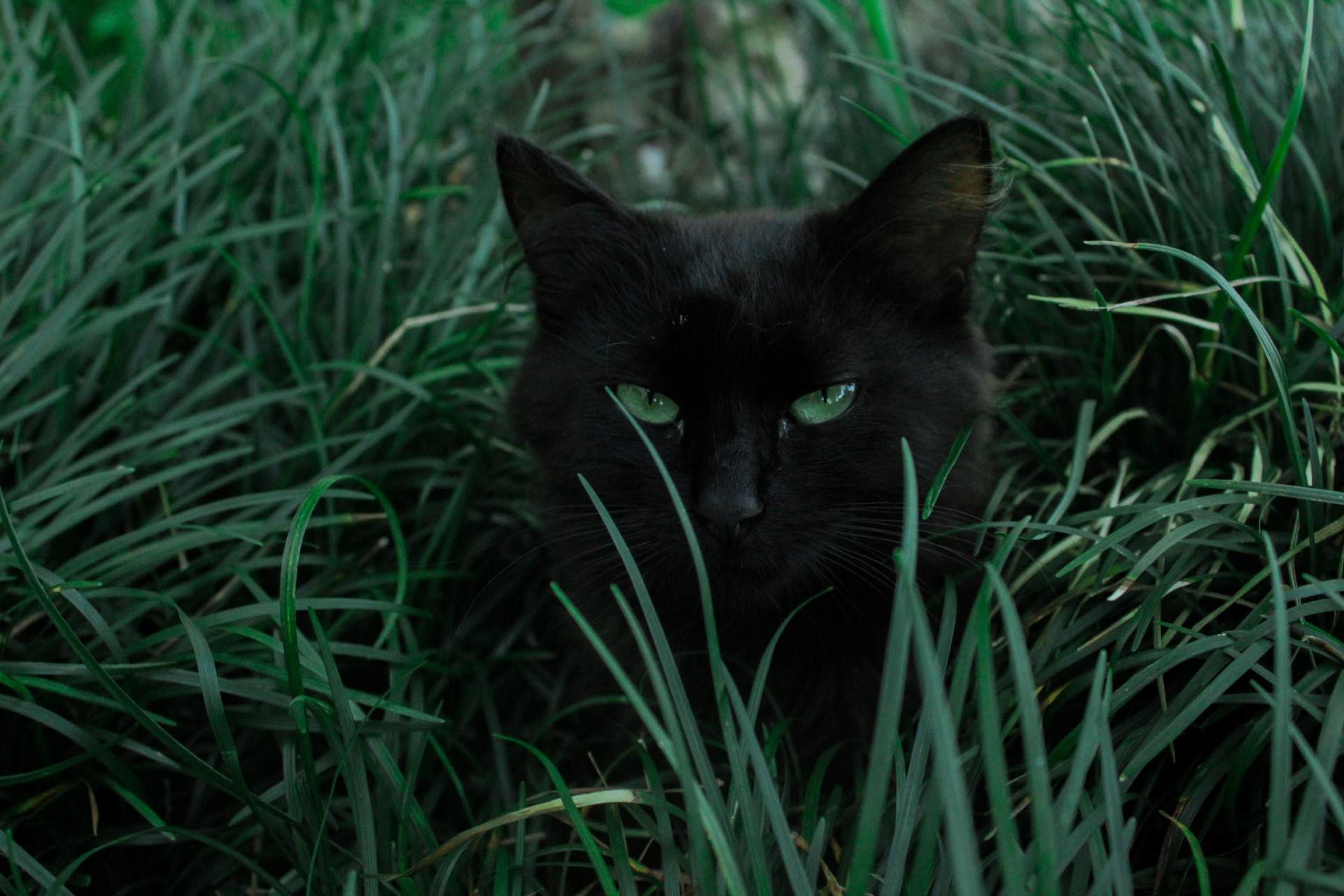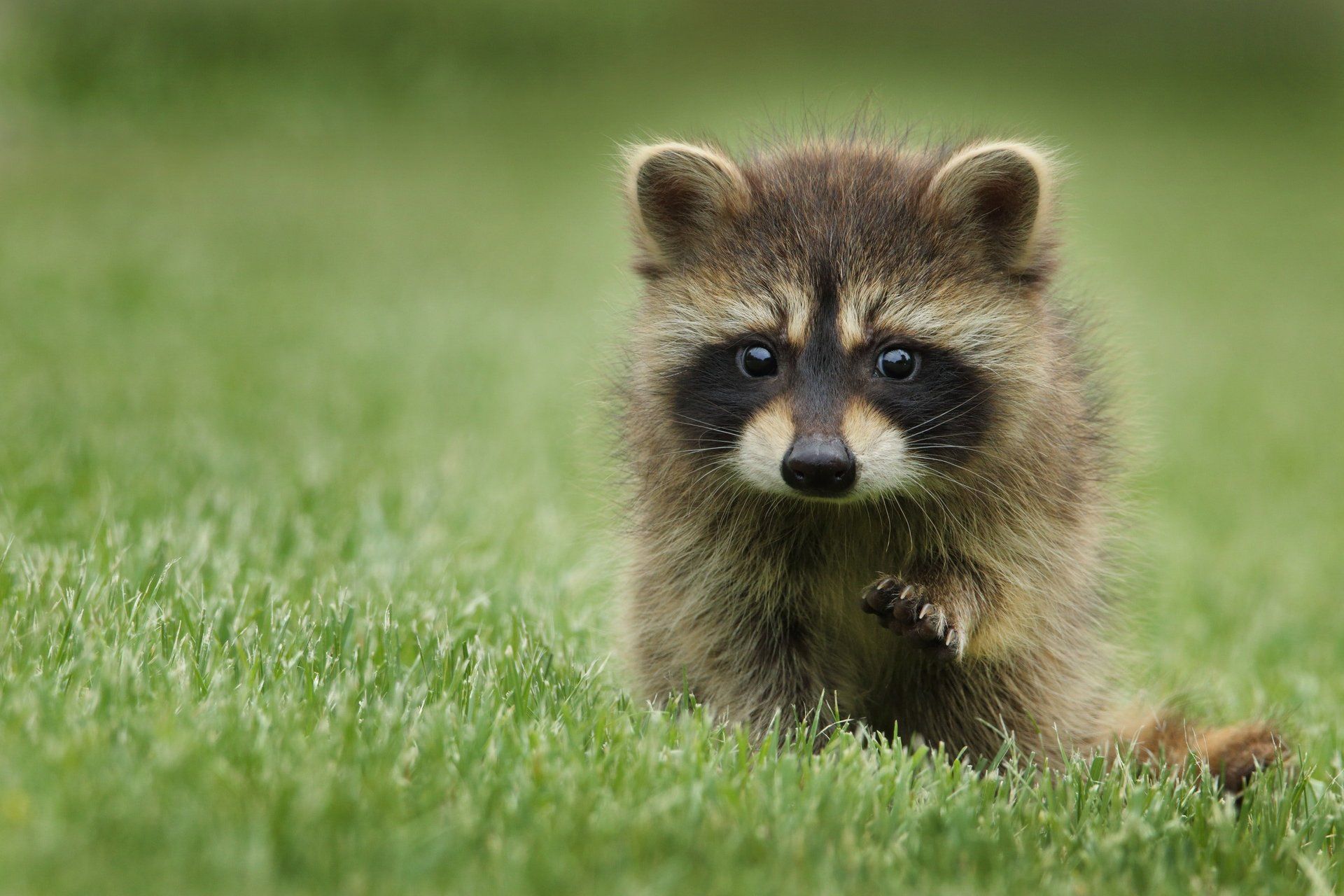The Role of Wildlife Control in Pet Safety
Protecting Your Pets: Why Wildlife Control Matters
A peaceful backyard might seem like the perfect space for a dog to roam or a cat to lounge in the sun, but the presence of wildlife can change everything. While it’s natural to appreciate the beauty of wild animals, many homeowners don’t realize the risks they can pose to their pets. Encounters between domestic animals and wildlife aren’t rare, and when they happen, they can lead to injuries, infections, or even the spread of disease.
Coyotes, raccoons, foxes, and birds of prey are some of the more obvious threats, but even smaller creatures like opossums and skunks can create problems. A raccoon might see an outdoor food bowl as an open invitation, and a cat defending its meal could end up with a nasty bite. Even a porcupine can turn an ordinary walk into a painful ordeal. If wild animals find their way onto a property and make themselves comfortable, pets can end up paying the price. The best way to reduce these risks is by addressing the issue before it escalates.
The Spread Of Disease Between Wildlife And Pets
When wild animals pass through a yard or establish a den nearby, they bring more than just their presence—they carry bacteria, parasites, and viruses that can easily affect domestic animals. One of the most well-known threats is rabies, which can be transmitted through bites and scratches from infected animals. A seemingly harmless scuffle between a curious pet and an aggressive raccoon or fox can result in a life-threatening infection.
Beyond rabies, there are other dangers that don’t require direct contact. Leptospirosis, a bacterial disease spread through contaminated water, is commonly carried by rodents and other small mammals. Pets drinking from puddles or outdoor water sources may unknowingly ingest the bacteria. Raccoons and skunks frequently carry roundworms, which can infect pets that come into contact with contaminated soil or feces. Fleas and ticks, often introduced by wildlife, can transmit Lyme disease and other illnesses that make both pets and their owners miserable.
Once wild animals start frequenting an area, these disease risks become a bigger issue. A single infected animal might not seem like a major concern, but if it lingers around a home, the chances of exposure rise dramatically. Professional wildlife control helps manage these risks, ensuring that problematic animals don’t become long-term visitors.
Physical Confrontations And The Risk Of Injury
While disease transmission is a serious concern, physical encounters between pets and wildlife can be just as problematic. A dog chasing after a squirrel might seem like a harmless game, but not every animal runs away. Coyotes, increasingly comfortable in suburban environments, have been known to target small pets. A fox, if cornered, won’t hesitate to defend itself with sharp teeth. Even a seemingly passive animal like a deer can cause serious injury with a well-placed kick.
For pets that are allowed to roam, the risks only increase. Cats that explore wooded areas or open fields may stumble upon territorial animals that won’t back down. Snakes, whether venomous or not, can strike when startled. Even an armadillo, which doesn’t pose an immediate threat, can lead a pet into dangerous situations if a chase leads to an unfamiliar area.
Injuries from wildlife encounters can range from minor scratches to deep wounds that require emergency veterinary care. The emotional toll on pet owners is just as significant. No one wants to discover that their beloved companion has been harmed due to an avoidable encounter. Addressing wildlife concerns early on reduces the likelihood of these situations occurring.
The Importance Of Professional Wildlife Control
Dealing with wildlife issues isn’t as simple as shooing an animal away. Many species are persistent and resourceful, returning to a comfortable location as long as food, water, and shelter are available. DIY methods, such as deterrents and fencing, might work temporarily, but determined animals often find ways around them. Worse, improper handling of wildlife can lead to unintended consequences—startling an animal can provoke aggression, and relocating it without the proper knowledge might violate local laws.
That’s where professional wildlife control comes in. Experts understand the habits and behaviors of various species, allowing them to implement solutions that effectively discourage wildlife from settling in. Trained professionals know how to remove problem animals without causing unnecessary stress to them or endangering pets and people. More importantly, they can identify the factors attracting wildlife in the first place, addressing the root of the problem rather than just its symptoms.
Our team specializes in managing these issues, ensuring that homeowners and their pets don’t have to deal with unexpected visitors. By taking proactive steps, pet owners can reduce risks while maintaining a balance between nature and domestic life. If wildlife has started making itself too comfortable on your property, contact Wildlife Resolutions today, it can make all the difference in keeping your pets out of harm’s way.
